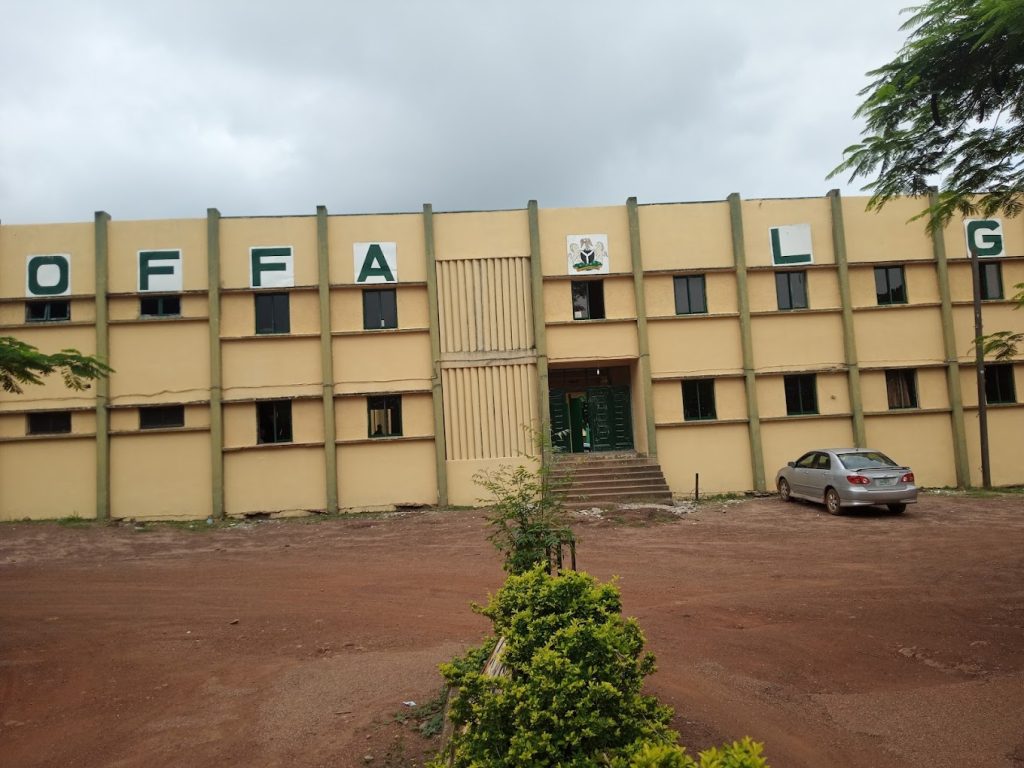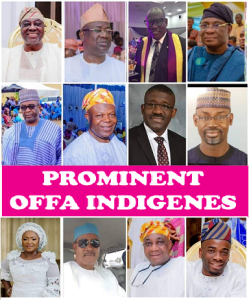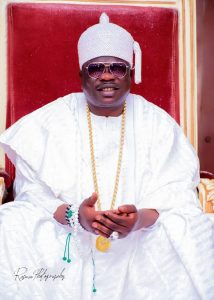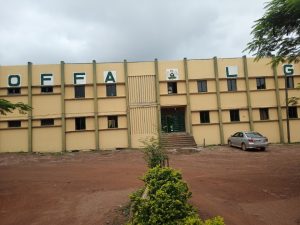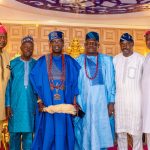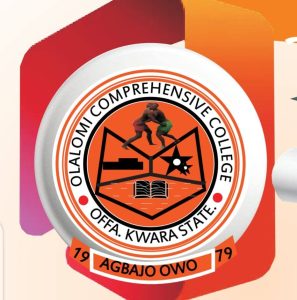Offa, a vibrant community located in Central Nigeria, is the headquarters of Offa Local Government Area in Kwara State. As the traditional capital for the Ibolo-speaking people of Kwara and Osun States, Offa holds a rich history and cultural heritage. A key aspect of its development is the succession of leaders who have steered the local government over the years. This blog post delves into the fascinating history of Offa’s past chairmen, highlighting their contributions and the impact of their leadership on the community.
Historical Overview of Offa Local Government Chairmen
Understanding the leadership history of Offa Local Government is crucial for appreciating the town’s growth and progress. Each chairman brought unique initiatives and perspectives that shaped the community. From the establishment of Offa Local Government Area in 1991 to the present day, the leaders have played pivotal roles in its development.
Early Leadership: 1991-1993
Alh. Hassan Oyeleke (1991-1993)
Alh. Hassan Oyeleke was the pioneer chairman of Offa Local Government, serving from 1991 to 1993. His tenure was marked by the foundational efforts to establish the administrative framework of the newly formed local government. Alh. Oyeleke focused on setting up essential services and infrastructure, laying the groundwork for future developments.
Mid-1990s Administration
Alh. H.B. Ibiyeye (1994-1996)
Alh. H.B. Ibiyeye took office in 1994 and served until 1996. During his administration, he implemented several key initiatives aimed at improving public services and community welfare. His leadership was characterized by efforts to enhance healthcare, education, and agricultural productivity in Offa.
Transition Period: 1996-1998
Mallam Mudashir Lawal (1996-1997)
Mallam Mudashir Lawal’s leadership in 1996-1997 saw a focus on local governance and civic engagement. His short tenure was impactful, particularly in boosting community participation in local government activities.
Mallam Isiaka Shittu (1997-1998)
Succeeding Mallam Mudashir Lawal, Mallam Isiaka Shittu led the local government from 1997 to 1998. His administration emphasized infrastructural development and public works, contributing significantly to the town’s physical landscape.
Late 1990s Governance
Alh. A.A. Muazu (1998-1999)
Alh. A.A. Muazu’s leadership from 1998 to 1999 focused on consolidating the gains of his predecessors. He prioritized economic development and social services, ensuring the local government continued on a path of growth and stability.
Entering the New Millennium
Alh. Raheem Jide Oyewumi (1999-2002)
As the millennium approached, Alh. Raheem Jide Oyewumi assumed office and served from 1999 to 2002. His tenure was marked by significant infrastructure improvements, including the development of roads, schools, and healthcare facilities. Alh. Oyewumi’s policies laid a strong foundation for Offa’s continued progress into the 21st century.
Brief Tenures and Impact
Deacon Taye Opaleke (2002)
Deacon Taye Opaleke’s brief tenure in 2002 was notable for his swift implementation of community-focused projects. Although his time in office was short, his contributions were felt in the rapid development of local amenities.
Mr. Kunle Adesiyun (Offa North) & Barr. Bashir Ijaya (Offa South) (2002-2003)
The joint leadership of Mr. Kunle Adesiyun for Offa North and Barr. Bashir Ijaya for Offa South in 2002-2003 was a unique arrangement that brought a balanced approach to governance. Their collaboration led to significant administrative reforms and enhanced local governance.
Alh. Hassan Oyeleke (2003)
Returning to office in 2003, Alh. Hassan Oyeleke focused on continuing his earlier initiatives. His second term was marked by a renewed emphasis on economic development and public health.
Alhaja Afusat Oyekanmi (2003)
As the first female chairman, Alhaja Afusat Oyekanmi’s leadership in 2003 was a milestone for Offa Local Government. Her administration highlighted the importance of women’s participation in governance and brought a fresh perspective to local administration.
Alh. S.S. Mohammed (2003)
Alh. S.S. Mohammed’s tenure in 2003 was focused on administrative efficiency and community development. His leadership style prioritized transparency and accountability, fostering greater trust between the local government and the citizens.
Early to Mid-2000s Development
Alh. Tajudeen Aro Folaranmi (2003-2006)
From 2003 to 2006, Alh. Tajudeen Aro Folaranmi led Offa Local Government through a period of significant development. His administration was marked by ambitious projects aimed at modernizing the town’s infrastructure and enhancing public services.
Chief Barr. Olusegun Olawoyin (2007-2010)
Chief Barr. Olusegun Olawoyin’s extended tenure from 2007 to 2010 saw the implementation of long-term projects that had lasting impacts on Offa’s development. His focus on legal reforms and infrastructural projects helped in building a more robust administrative framework.
Modern Era Leadership
Prince Saheed Popoola (2011-2013)
Prince Saheed Popoola’s leadership from 2011 to 2013 was innovative, with a focus on modernizing Offa and introducing new technologies in governance. His community initiatives and emphasis on education and healthcare left a lasting legacy.
Alh. Isiaka Abubakar (Sole Administration 2013)
Alh. Isiaka Abubakar’s sole administration in 2013 was unique, as it concentrated power in a single individual. This approach allowed for swift decision-making and the implementation of policies that addressed immediate community needs.
Recent Administration
Prince Abdulwaheed Segun Olanipekun (Sept 2013)
Prince Abdulwaheed Segun Olanipekun’s administration from September 2013 brought new advancements and a forward-looking vision for Offa. His leadership aimed at preparing the local government for future challenges and opportunities.
The evolution of leadership in Offa Local Government showcases a rich tapestry of initiatives, challenges, and accomplishments. From the foundational efforts of early leaders to the modernizing vision of recent administrations, each chairman has contributed uniquely to the growth and development of Offa. As the community looks to the future, the legacy of these leaders will continue to inspire progress and innovation.

